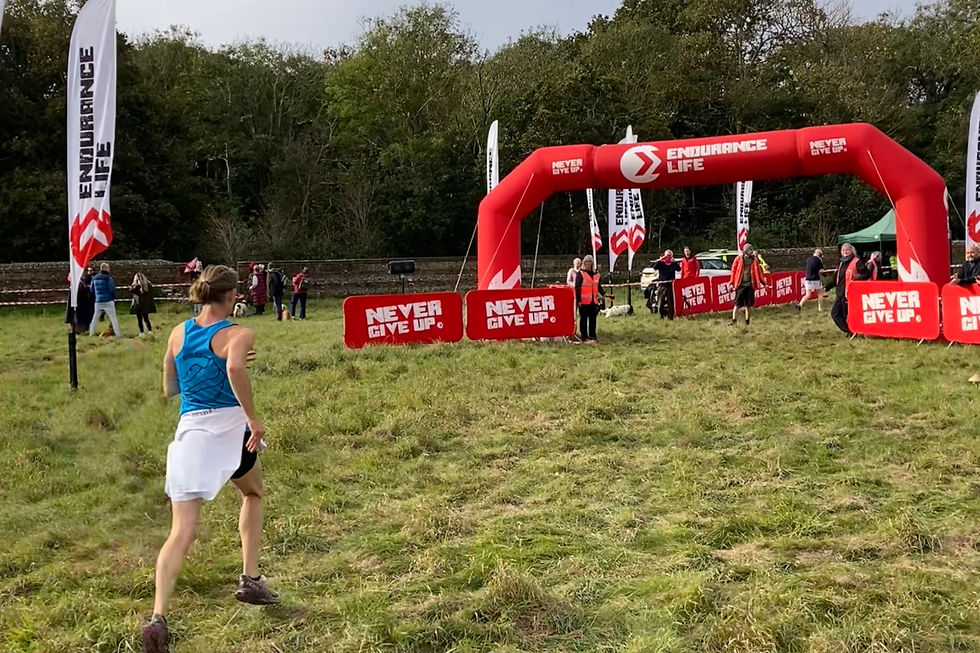Fuel your body: Diet & Nutrition for injury prevention
- Mary Brooking

- Jul 30, 2021
- 3 min read
Updated: Sep 20, 2021
Nutrition has a profound impact on our bodies, with a balanced diet that maximises overall health and fitness being the underlying foundation which supports sports performance and reduces the risk of injury. A well-balanced diet incorporates enough carbohydrate and fat to fuel activity, protein to rebuild muscle as well as vitamins and minerals to boost immunity and strengthen bones.
Inadequate nutrition can increase the risk of sports injuries by causing loss of muscle mass & bone density, reducing endurance - meaning an earlier onset of fatigue with associated poor decision-making and also compromising the body’s immune defence system. Poor nutrition after an injury can also reduce the speed of recovery back to full fitness and strength.
Early signs of not eating enough, or appropriately, to fuel and recover from activity are a decrease, or lack of improvement, in performance, increased tiredness & irritability and muscle mass being lost, sometimes while body fat is maintained.

Carbohydrates, protein and fat are all essential for exercise and recovery as well as everyday life and health.
Fuel
Carbohydrates are used by the body for fuel during exercise, stored within the body as glycogen, but these stores are limited. When carbohydrate intake is too low the body breaks down muscle-protein to use as a fuel supply which decreases muscle strength and also the body’s ability to repair tissue damage incurred during workouts, thereby slowing muscle recovery and increasing injury risk.
Growth & repair
Protein is vital for muscle maintenance, growth and repair. Muscle-protein breakdown occurs in both endurance and strength training activities, therefore you need an adequate intake of dietary protein to repair muscle damage caused by exercise. Many diets don’t contain enough protein - aim for 30% of your daily calories.
Essential fats
Fats provide another fuel source for the body and also essential fatty acids, like omega-3 which make and repair cell membranes and reduce inflammation in the body which helps promote recovery and repair post exercise and injury. 30% of daily calories is a good target with twice as much unsaturated fat as saturated fat within that 30%.
Calcium and vitamins for strong bones
Stress fractures can be common in runners, as its a high impact sport. All bone fractures lead to the risk of soft tissue issues arising during the recovery process. Getting adequate amounts of calcium and vitamin D every day helps develop and maintain strong bones to reduce risk of fractures. Vitamin C plays a role in tissue repair and formation of collagen which provides strength and flexibility for ligaments, tendons and forms the structure of bones.
Be fuelled pre-exercise Underfuelled long or intense physical activity can drain the body’s limited glycogen supplies, leading to fatigue: “hitting the wall”, muscle tissue breakdown and poor recovery. Our brains use a significant proportion of our glycogen store and loss of focus or reduced decision making capacity is often an early indicator that these stores are low which increases the risk of an injury due to a mistake such as a fall. If its more than a couple of hours since a meal a pre-activity snack pairing protein with carbohydrate will mean glycogen stores are full before starting to reduce these effects.
Timing is everything
Muscle tissue recovery from exercise happens most quickly in the 30mins - 1hour immediately after the activity—provided you eat during that time. Consuming protein with carbohydrate is optimal to promote both muscle repair as well as restock depleted muscle glycogen stores.
Speed up injury recovery with good nutrition
Following an injury it is important to avoid overly restricting energy intake, even though activity levels may have dropped as the body needs energy and nutrients to fully heal and help reduce muscle mass loss and tendon mass loss and function.





Comments